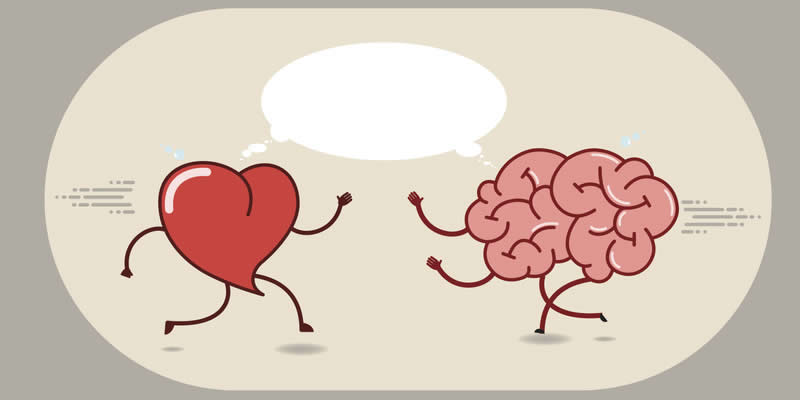Depression and anxiety levels increased by 30% in pregnant women during the coronavirus pandemic, new research shows.
Scientists from the University of Essex have found that COVID-19 safety restrictions on maternity wards triggered a rise in mental health complications amongst expectant mothers.
Meanwhile, they also discovered that social support prevented the development of depression and anxiety during the pandemic. In addition, the wellbeing of pregnant women was also impacted by virtual consultations.
- Children whose mothers had diabetes during pregnancy more likely to develop eye problems, study finds
- Air pollution in pregnancy increases asthma risk in unborn child
Lead author Dr Silvia Rigato said: “It is vital to protect maternal wellbeing during pregnancy and beyond and to ensure that all children, and their new families, are given the best possible start in life.”
According to the findings, cases of depression amongst pregnant women increased from 17% to 47% during the pandemic, while anxiety levels escalated by 37%.
Between April 2020 and January 2021, a total of 150 expectant mothers self-reported how often they felt anxious or depressed to outline the state of their wellbeing.
The results show that prenatal trauma can trigger the development of mental health complications.
Additionally, the findings have identified that women who experienced severe symptoms of depression during pregnancy struggled to bond with their unborn child.
“While this result is in line with previous observations that women’s mood during pregnancy influences the early relationship with her child, it reinforces the need for authorities to support women throughout their pregnancy and the postnatal period in order to protect their health and their infants’ development,” said Dr Rigato.
- High pre-pregnancy glucose levels in pregnancy could lead to complications
- CGM key to preventing health risks in pregnancy in diabetes
The scientists also revealed that anxiety levels were higher amongst pregnant women who worried more about the COVID-19 pandemic.
According to the experts, symptoms of depression and anxiety decreased when the expectant mothers received support from their loved ones and the NHS.
Senior author Dr Maria Laura Filippetti said: “The high rates of depression and anxiety during the pandemic highlighted by our study suggest that expectant women are facing a mental health crisis that can significantly interfere and impair mother-infant bonding during pregnancy, and can potentially impact on childbirth outcome, as well as later infant and child development.”
The entire research study can now be accessed in the journal BMC Pregnancy and Childbirth.




